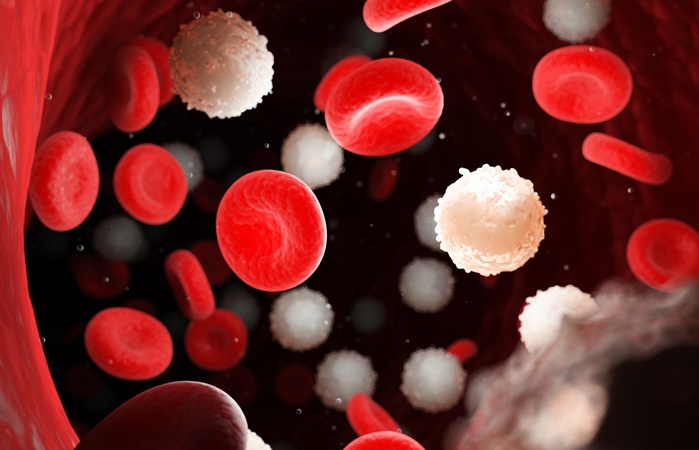WBC Count Could Predict Severity of COVID-19 Symptoms
Posted on 03 Feb 2025

The global health crisis caused by the SARS-CoV-2 virus continues to impact millions of people worldwide, with many experiencing persistent symptoms months after the initial diagnosis. Cognitive impairment and fatigue are among the most common lingering effects, with a staggering 70% of patients suffering from cognitive impairment. Older adults, particularly women, are disproportionately affected. Despite significant advances in understanding COVID-19 since its emergence in 2020, several aspects of its impact on the human body remain unclear. While COVID-19 is primarily a respiratory disease, research has revealed widespread effects on multiple organ systems. Previous studies have identified an exaggerated immune response to COVID-19 infection. Now, a new study has shed light on a potential indicator of the most likely patients to experience severe symptoms of COVID-19 infection: leukocyte (white blood cell) count.
This study drew on data from the Women's Health Initiative, a comprehensive research project funded by the National Institutes of Health (NIH, Bethesda, MD, USA). Researchers sought to investigate pre-existing risk factors that might make older adults, particularly postmenopausal women, more susceptible to prolonged and severe symptoms. They examined the relationship between leukocyte count, a readily available clinical marker of systemic inflammation, and COVID disease outcomes. Their findings, published in the journal Menopause, suggest that leukocyte count is a reliable predictor of COVID symptom severity in postmenopausal women. This research contributes to the growing evidence that low-grade inflammation is not only an outcome of severe COVID-19 symptoms but also a potential precursor to the acute infection. Further investigation is needed, but the initial findings hold promise, as leukocyte count represents a relatively inexpensive and easily accessible clinical marker.
“As the authors highlight, post-acute sequelae of severe acute respiratory coronavirus 2 infection significantly affects quality of life, often leading to severe disability,” said Dr. Monica Christmas, associate medical director for The Menopause Society. “This effect is particularly pronounced in women, who already experience higher rates of cognitive impairment after menopause. By understanding underlying factors, we can better address these challenges and work to mitigate the cascade of symptoms that follow.”














